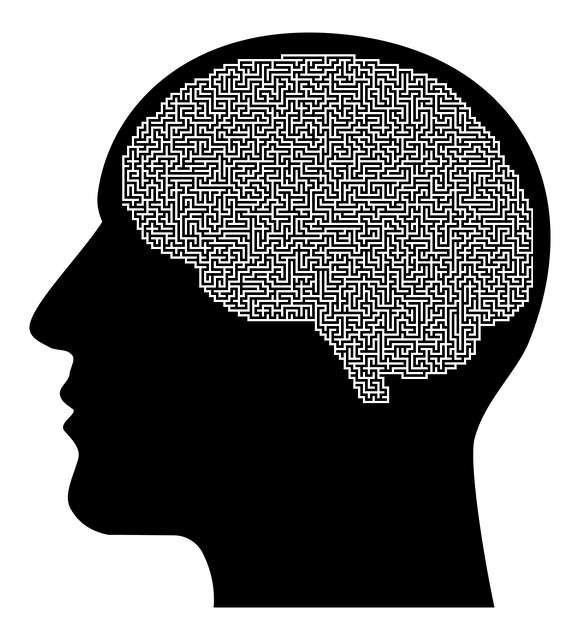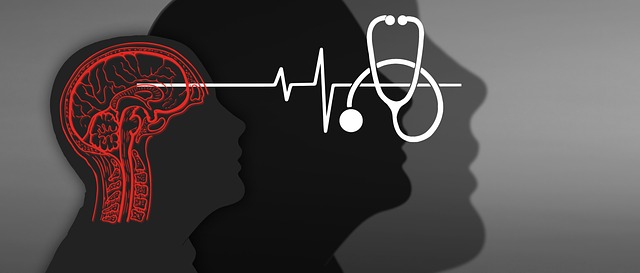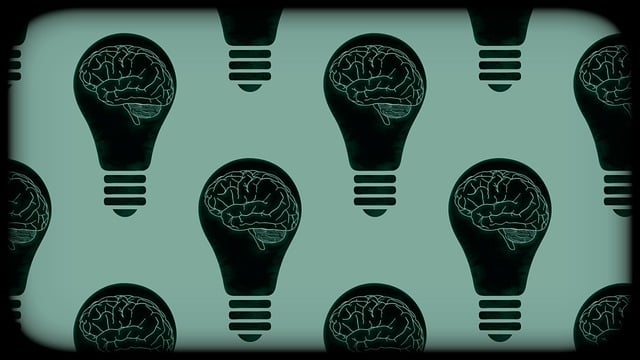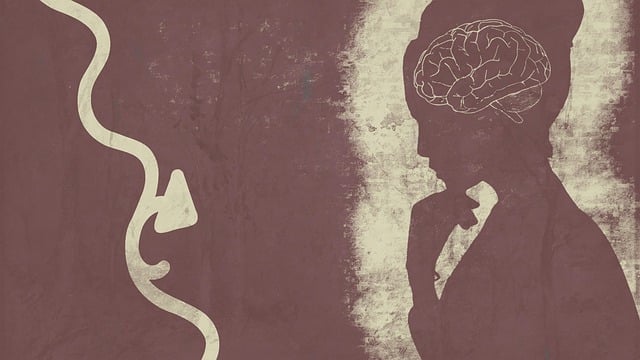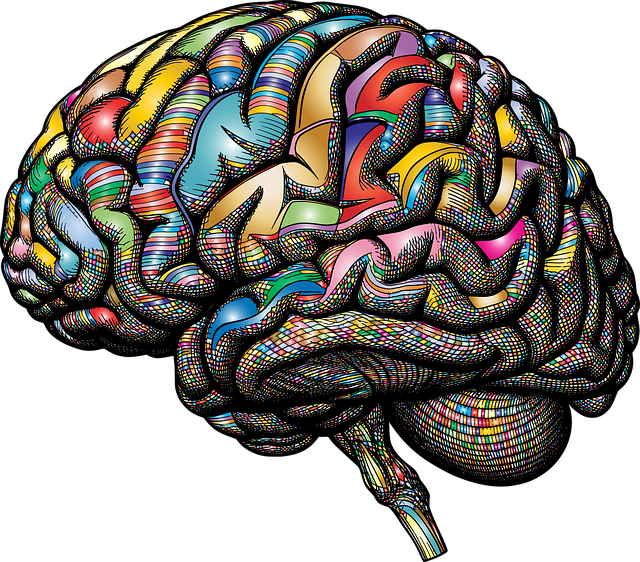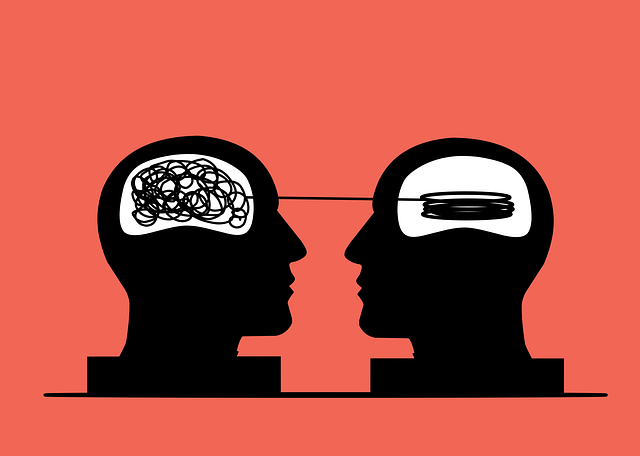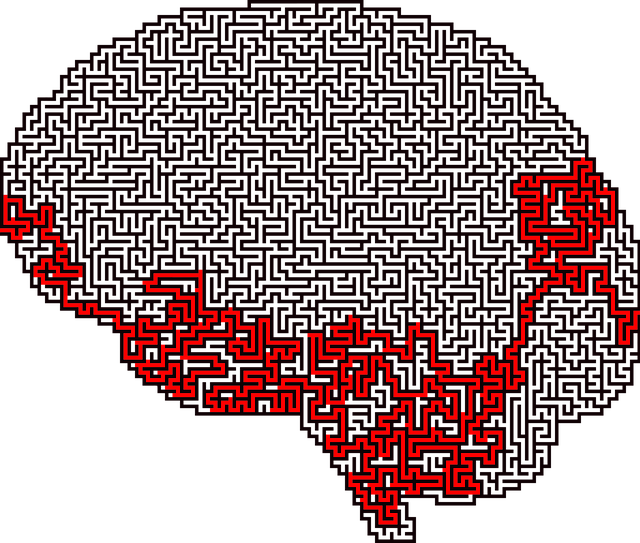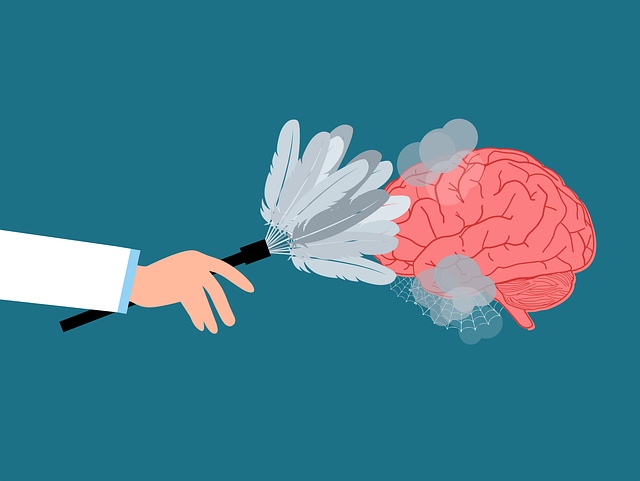Mental wellness self-assessment tools are crucial for today's fast-paced world, with Highlands Ranch Grief Counseling Therapy (HRGCT) leading the way through personalized, culturally sensitive approaches. These tools empower individuals to understand and manage their emotional well-being, blending digital accessibility with traditional methods for comprehensive support. HRGCT's innovative methodology identifies root causes of grief and trauma, offering targeted interventions that foster progress and resilience. Future developments in AI chatbots and VR promise to democratize access to quality mental health care, revolutionizing stress reduction techniques in Highlands Ranch and beyond.
Mental wellness self-assessment tools play a pivotal role in empowering individuals to take charge of their mental health. This article delves into the development and evolution of these crucial resources, from understanding the basic need for personalized assessment to exploring cultural sensitivity and technology integration. We highlight successful case studies, including Highlands Ranch Grief Counseling Therapy, and look ahead to future trends that promise to revolutionize mental health support through enhanced self-assessment techniques.
- Understanding Mental Wellness Self-Assessment: The Need for Personalized Tools
- Incorporating Cultural Sensitivity in Self-Assessment Development
- High-Tech vs Low-Tech: Exploring Digital and Traditional Methods
- Case Studies: Successful Self-Assessment Tools in Action (Highlighting Highlands Ranch Grief Counseling Therapy)
- Future Trends: Enhancing Self-Assessment for Optimal Mental Health Support
Understanding Mental Wellness Self-Assessment: The Need for Personalized Tools

In today’s fast-paced world, mental wellness self-assessment tools play a pivotal role in empowering individuals to take charge of their emotional well-being. These tools serve as valuable resources for anyone seeking to understand and manage their mental health effectively. For instance, Highland Ranch grief counseling therapy often incorporates personalized self-assessment techniques to help clients navigate complex emotions and cultivate resilience. By facilitating self-reflection and introspection, these assessments enable individuals to identify areas of concern, track progress over time, and develop tailored strategies for enhancing mental health awareness.
Personalized self-assessment tools cater to diverse needs, offering insights into various aspects of mental wellness, from stress management and anxiety reduction to emotional regulation and coping mechanisms. Incorporating such tools in healthcare provider training, especially within the context of cultural competency development, ensures that professionals can offer more nuanced and effective support. This is crucial in fostering a holistic approach to mental health care, where Self-Care Practices are encouraged and tailored to individual preferences and backgrounds, ultimately promoting better outcomes and improved quality of life for those seeking assistance.
Incorporating Cultural Sensitivity in Self-Assessment Development

In developing self-assessment tools for mental wellness, it’s crucial to incorporate cultural sensitivity to ensure inclusivity and effectiveness across diverse populations. This involves understanding and respecting different cultural beliefs, values, and practices related to mental health and well-being. For instance, what constitutes ‘wellness’ can vary greatly between communities, from individualistic Western perspectives to collectivist Eastern ones. Incorporating this nuance in self-assessment questions and criteria is essential to avoid potential biases that might misrepresent an individual’s mental health status.
In Highlands Ranch Grief Counseling Therapy, cultural sensitivity means adapting assessment strategies to resonate with clients’ backgrounds. This could involve using communication strategies that align with their preferred language or incorporating elements from their traditional healing practices. For example, for communities that value community support, the assessment might emphasize social connections and interpersonal relationships. Similarly, mental health policy analysis and advocacy should consider these cultural differences to develop policies that are equitable and accessible to all.
High-Tech vs Low-Tech: Exploring Digital and Traditional Methods

In the realm of mental wellness self-assessment, the debate between high-tech digital tools and traditional low-tech methods is an ongoing one. While digital solutions offer accessibility and convenience, with options available at one’s fingertips through apps and online platforms, they may not cater to everyone’s preferences or needs. Traditional methods, such as pen-and-paper assessments or face-to-face therapy sessions in Highlands Ranch Grief Counseling Therapy centers, provide a more personalized touch. They allow for deeper exploration of emotions and thoughts without the potential distractions or technical glitches that can arise with digital tools.
In terms of Mental Health Awareness and Crisis Intervention Guidance, both approaches have their merits. High-tech options often incorporate interactive features and instant feedback, which can be beneficial for users seeking immediate results and motivation. Conversely, low-tech methods encourage more introspective practices, fostering a sense of mindfulness and self-awareness that could boost confidence in individuals navigating challenging mental health issues. This balance between technology’s reach and human connection is vital in ensuring comprehensive mental wellness support, especially during moments of crisis.
Case Studies: Successful Self-Assessment Tools in Action (Highlighting Highlands Ranch Grief Counseling Therapy)

Highlands Ranch Grief Counseling Therapy (HRGCT) stands out as a shining example of an effective self-assessment tool for mental wellness. By integrating evidence-based practices and personalized approaches, HRGCT has helped countless individuals navigate through grief and trauma, boosting their confidence and managing stress in significant ways. The therapy’s success lies in its ability to tailor interventions to each client’s unique needs, fostering a supportive environment where progress is measurable and achievable.
Through comprehensive assessments, HRGCT evaluates not just the severity of symptoms but also the underlying causes, ensuring that the provided services address the root issues. This tailored approach has proven particularly beneficial in helping clients develop effective coping mechanisms and build resilience. By combining professional expertise with compassionate care, HRGCT serves as a model for developing robust self-assessment tools that can empower individuals to take charge of their mental wellness and lead more fulfilling lives.
Future Trends: Enhancing Self-Assessment for Optimal Mental Health Support

As technology continues to evolve, self-assessment tools for mental wellness are expected to become more sophisticated and accessible. This trend is especially relevant in areas like Highlands Ranch Grief Counseling Therapy, where personalized support is key. Future developments may include AI-driven chatbots offering 24/7 emotional support and tailored coping strategies based on user input and feedback. These advancements have the potential to revolutionize stress reduction methods by providing timely interventions and promoting positive thinking.
Additionally, integrating virtual reality (VR) into self-assessment could offer immersive experiences designed to enhance emotional well-being promotion techniques. By simulating calming environments or challenging negative thought patterns in a safe space, VR technology can aid individuals in managing their mental health effectively. Such innovations have the potential to democratize access to quality mental health support, benefiting those seeking effective stress reduction and emotional well-being promotion techniques in Highlands Ranch and beyond.
Mental wellness self-assessment tools have evolved to play a pivotal role in individual well-being, offering personalized insights and support. As discussed, incorporating cultural sensitivity and choosing between high-tech digital solutions or low-tech traditional methods are essential considerations for development. The case study of Highlands Ranch Grief Counseling Therapy demonstrates the effectiveness of these tools in real-world settings. Moving forward, embracing future trends such as enhanced accessibility, integration of artificial intelligence, and culturally responsive designs will further optimize mental health support through self-assessment, catering to diverse needs worldwide.


